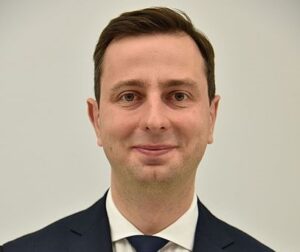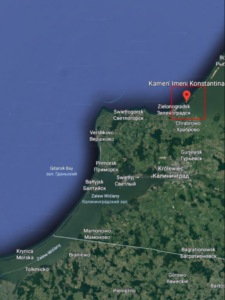Unfortunately, currently there are no examples of successfully combating propaganda, disinformation, and fake news – assessed experts from the Center for Propaganda and Disinformation Analysis Foundation (CAPD) who presented a report on the subject during the CyberSec conference.
„I am sure that not only in Poland, but also across Europe the state administration is not ready to face these kinds of threats,” said minister Paweł Szefernaker during the presentation. On Monday the Polish Prime Minister Beata Szydło announced it would be Szefernaker who would lead the new government body responsible for cybersecurity.
„One of the department’s tasks will be to monitor the situations in which ministries are at risk of disinformation,” Szefernaker explained. To illustrate this he talked about the fake news that appeared across the media during the opening of the LNG terminal in Świnoujście. „Today, in the 21st century we need a center that will coordinate all the actions surrounding information to prevent disinformation,” he said.
The experts from CAPD positively assessed the creating of the new body at the Prime Minister’s Chancellery. „We will be able to talk about these issues with an institution that has been created at the governmental level,” said Martka Kowalska from CAPD.
According to the research conducted by the Center, the Internet is the medium with the biggest exposure to fake news. „Unfortunately, currently there are no examples of how to combat this problem. This is why we need to try to minimize this phenomenon,” Kowalska said. The experts also pointed to the fact that there exist no sufficient measures that would allow to successfully fight against propaganda.
„RT’s budget is USD 300 million, whereas the budget of Stratcom (a task force created by the EU to combat disinformation) is one million,” Adam Lelonek, PhD and CAPD’s president summed up. „The work conditions of Polish journalists are what they are. We do not have as many resources, the journalists have less time and possibilities to verify information. The editorial departments do not think long-term and employ, e.g. someone to verify information,” he said. He stressed that spreading fake news was just „a fraction of what purveyors of disinformation do”. „We need a comprehensive mapping of these threats,” he warned.
The report recommends, among others, to teach the society about the threats caused by disinformation. The authors believe that it is also important to educate journalist who should be more diligent about verifying information. One of the propositions included in the report is to increase the amount of money spent on supporting organizations that combat disinformation and propaganda.








